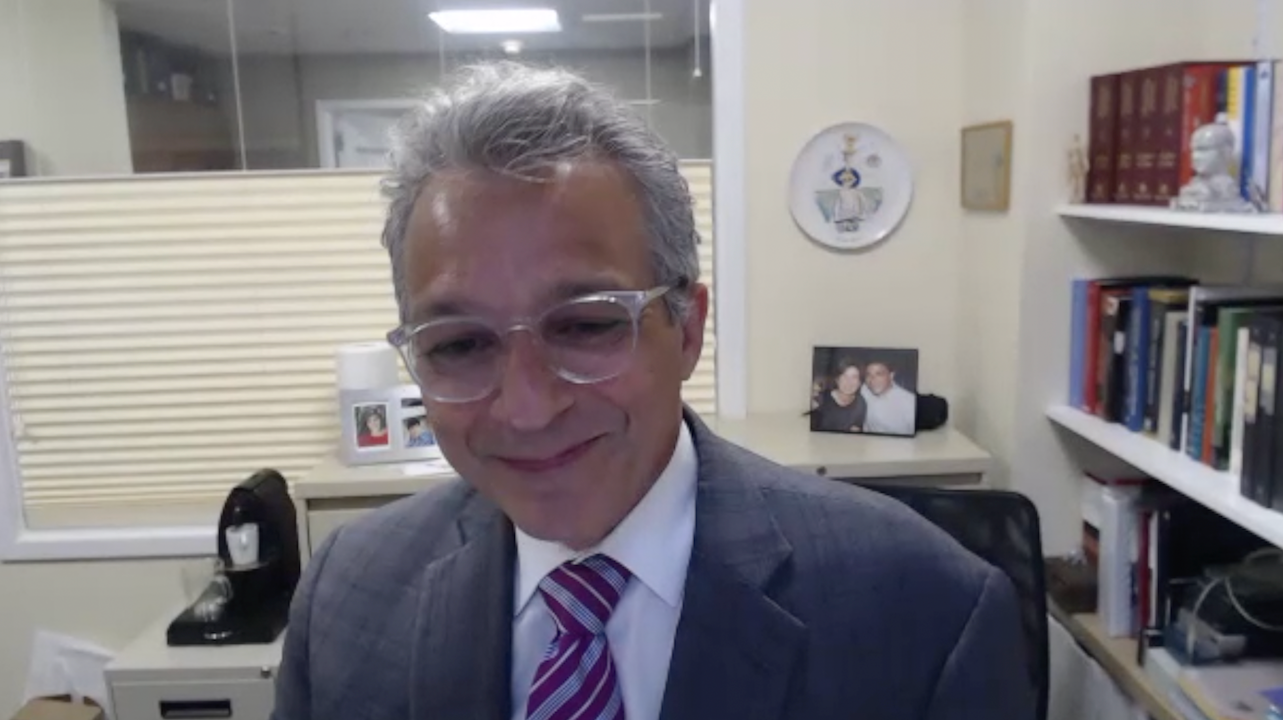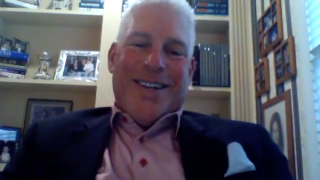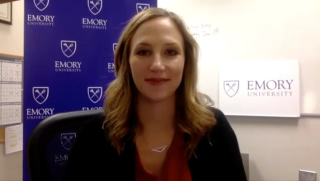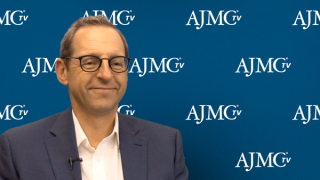
Payers
Latest News
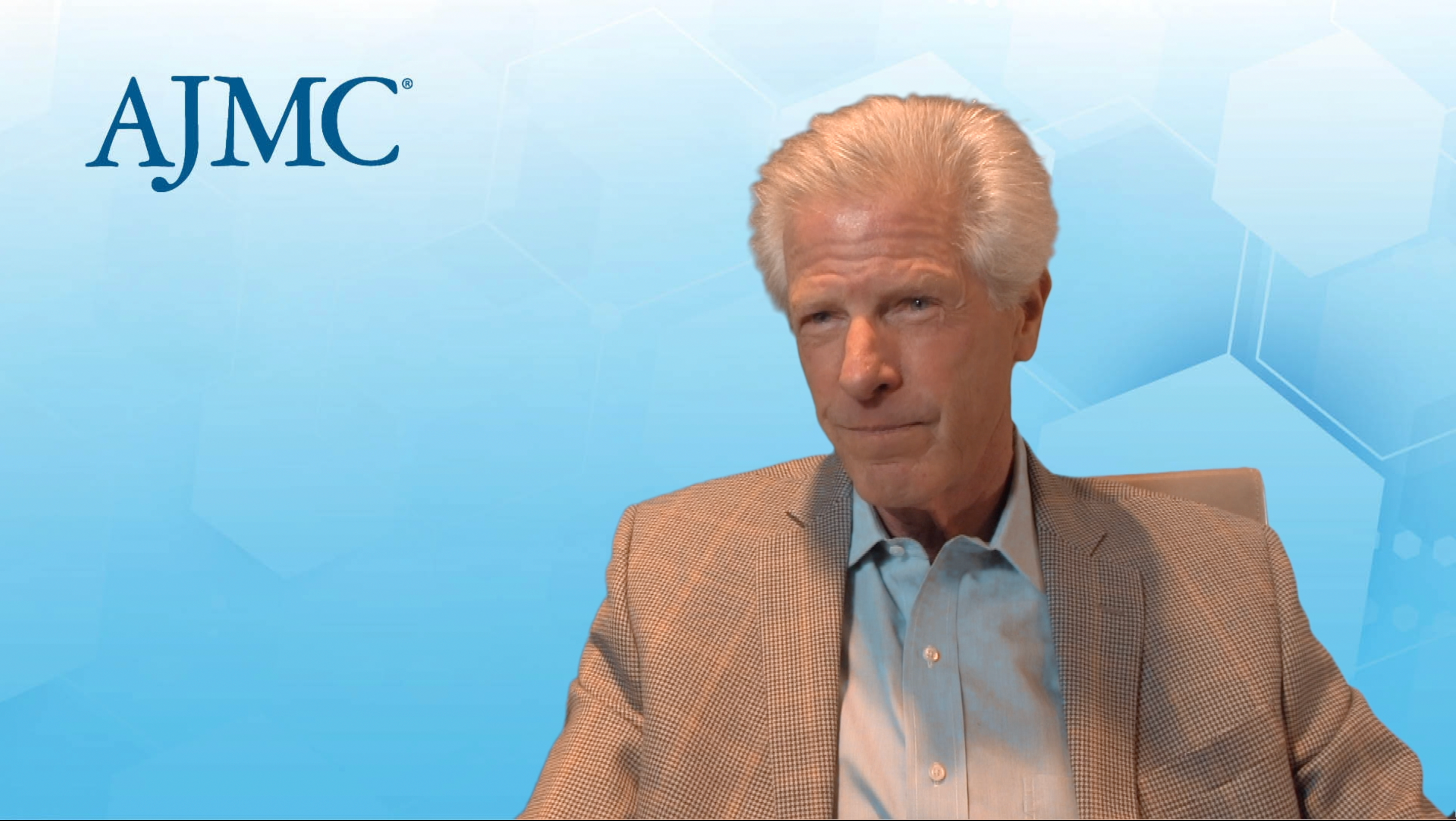
Latest Videos

More News

In the last 2 years, half of women reported needing mental health services compared with only 35% of men. Women who needed mental health care cited provider availability and cost, especially for those who are uninsured, to be 2 major barriers to receiving care.
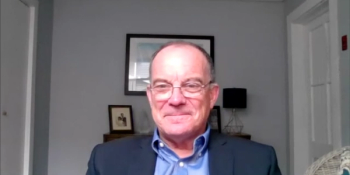
Michael Thompson, president and CEO of the National Alliance of Healthcare Purchaser Coalitions (National Alliance), addressed the current state of health equity strategies in the workplace and how employers can better address inequities in their benefit designs, programs, and policies in the near future.

The addition of adalimumab biosimilars to formularies can help accelerate realized savings as the blockbuster drug Humira faces competition from multiple biosimilars, including 1 approved interchangeable biosimilar.
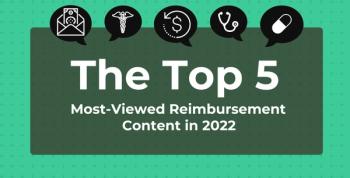
The top 5 pieces of content published on AJMC.com relating to reimbursement issues included 2 on the significance of a California law giving Medicare beneficiaries access to expert oncology care; other articles looked at the work involved in value-based care models and CMS news.
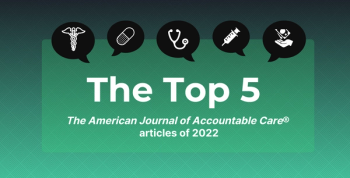
The top content published in The American Journal of Accountable Care® (AJAC) covered redesigning health care, value-based care, and novel payment models, like the ACO REACH model.
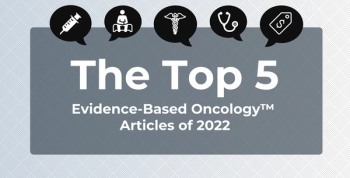
In 2022, the most-read articles published in Evidence-Based Oncology™ included the latest updates in cancer treatments, the promises and challenges of technology, and a look at the shifting landscape of care delivery.

Biosimilars are a wonderful option for patients, but the growing number available can be challenging to manage when different payers prefer different agents, said Susan Sabo-Wagner, MSN, RN, OCN, executive director of clinical strategy for Oncology Consultants of Houston, Texas.
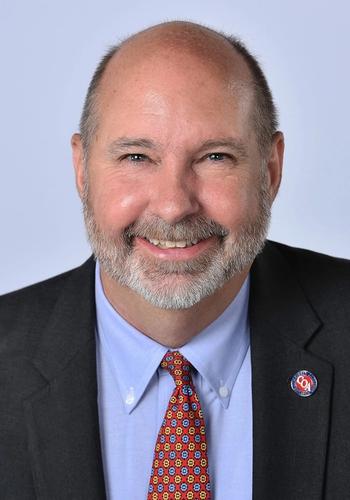

Among the conference highlights from the annual meeting of the Academy of Managed Care Pharmacy (AMCP) were an interview on chimeric antigen receptor T-cell therapies and a session on best practices for value-based contracting.
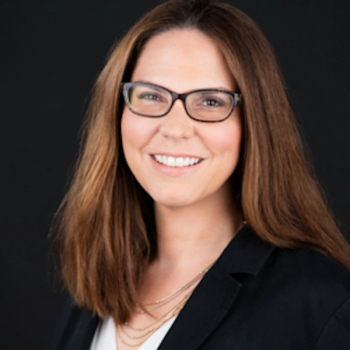
Impending cuts to Medicare physician services could have an overwhelmingly negative impact on millions of older patients and individuals with disabilities across the country.

The novel coalition was announced at the Institute for Healthcare Improvement (IHI) Forum, which took place December 4-7 in Orlando, Florida.

The 64th American Society of Hematology (ASH) Meeting & Exposition will run Saturday through Tuesday in New Orleans, Louisiana, at the Ernest N. Morial Convention Center.

A session at the 2022 American Society of Health-System Pharmacists Midyear Clinical Meeting & Exhibition reviewed some trends in the 340B drug pricing programs and Medicaid.

Patient-reported outcome (PRO) measures were included in approximately one-half of acne vulgaris and rosacea randomized controlled trials, despite their utility in capturing the patient perspective.

The groups who told researchers they would be more likely to skip additional testing had lower levels of income or education and were more likely to be on Medicaid or be uninsured, among other factors.

Key social determinants affecting MDD are evaluated by Michael Rothrock, MBA, MHA, and H. Eric Cannon, PharmD, FAMCP.

Expert panelists explore prevalence and disparities of MDD across patient populations.

A survey conducted by the Health Care Payment Learning and Action Network found that “more plans are using incentives in value-based care arrangements to improve health equity.”

Joseph Alvarnas, MD, vice president of government affairs at City of Hope and chief clinical adviser of AccessHope in Duarte, California, spoke on the influence that the California Cancer Care Equity Act is having on legislative efforts in other states, as well as future steps to promote accessible, affordable, and effective cancer care for patients nationwide.

A bill introduced by Senator Mike Lee, R-Utah, would prohibit the FDA requiring switching studies for biosimilars to gain interchangeability status.

Patients with Medicare Advantage (MA) were 1.5 times more likely to die within a month of surgical removal of their stomach or liver, and twice as likely to die within a month of oncologic surgery of the pancreas, compared with patients with traditional Medicare.
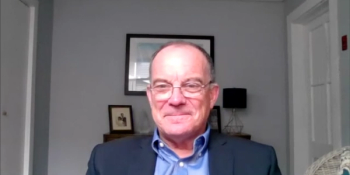
Michael Thompson, president and CEO of the National Alliance of Healthcare Purchaser Coalitions (National Alliance), discussed findings of the survey that was presented at the National Alliance 2022 Annual Forum and what concerns employers and business coalitions had regarding the current state of health care cost, delivery, and coverage.
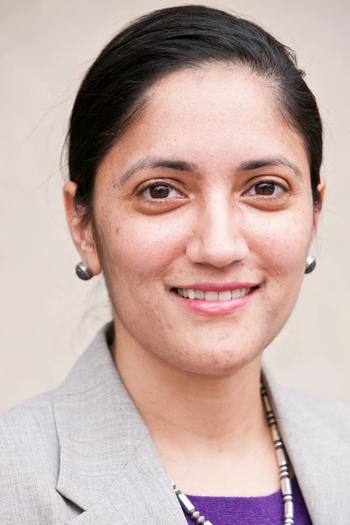
Former Obama administration official Kavita Patel, MD, MS, told a gathering of the OneOncology Physician Leadership Conference that policy leaders and members of Congress need input on the realities of oncology practice finances.

While those with Medicaid insurance were more likely to have an insurance transition before or after giving birth, those with private insurance were also found to have insurance changes.
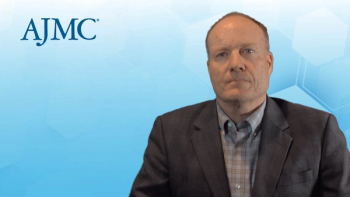
With multiple biosimilars approved for a reference product and different payers preferring particular products, communication between the clinical pharmacy team and the managed care team is crucial, said Timothy Murphy, MD, FACP, medical oncologist/hematologist with Rocky Mountain Cancer Centers.


